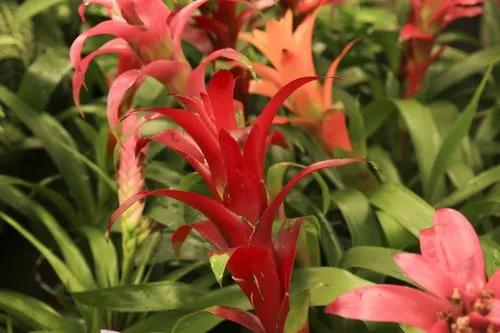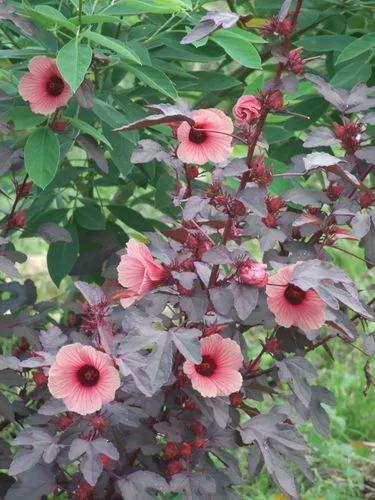A unique variety, ‘Pharaoh’s Mask has bright green leaves that are accentuated by bulging purple veins, creating an unusual 3D effect that is impossible to ignore. At maturity, the leaf edges curve under, showing off the purple veins even more. Strong, dark stems, (petioles) the same color of the veins, support individual leaves like masquerade masks, to form tight clumps that stand 4’ tall and are tolerant of full sun or part shade. Pharaoh’s Mask lends itself to containers, where it can be placed in various garden spaces to show off its amazing attributes as well as in mass plantings and near the water’s edge – just be careful not to get its feet too wet!
Elephant Ear Care
Colocasia Pharaoh’s Mask’



How to Care for the Plant

Water

As much as this plant doesn’t like to dry out, it doesn’t like to stay constantly wet.If your African Mask Plant has yellow leaves, it’s most likely due to overwatering or underwatering. You can cut those leaves off.

Fertilizer

Besides my worm compost/compost routine in the spring, I feed this plant 5-6 times a year in spring, summer & early fall.

Sunlight

Like many other houseplants, the African Mask Plant needs bright, natural light. This would be medium or moderate light. It doesn’t do well in low light (the leaves will get smaller & the plant won’t grow) but on the other hand, keep it out of direct sun.

Soil

The mix needs to be aerated & fast draining. I use a combo of: 1/3 coco chips, 1/3 pumice (perlite is fine too) & 1/3 potting soil. I also throw in a few handfuls of charcoal because I have it on hand. The charcoal isn’t necessary but it sweetens the soil & aids in drainage.

Propagation

This is an extremely rare plant due to its propagation issues. It is very difficult to propagate it in any manner.

Temperature

This plant loves to be warm. It’ll tolerate cooler temps but won’t grow as much & be as happy.

Popularity

132 people already have this plant 84 people have added this plant to their wishlists

Common pests

There are no known pests that attack Pharaoh's mask specifically. However, your plant might be susceptible to pests common to many plants. Mealybugs, spider mites, scale, and others can be killed by applying insecticidal soap or neem oil.

Frequent diseases

No specific diseases affect Pharaoh's mask, yet you still need to be wary of root rot, leaf-spot disease, botrytis, and other problems common to Colocasia varieties.

Botanist’s tips

- If consumed, this plant is mildly toxic, so keep it away from your pets.
- If you're growing Pharaoh's mask in your garden, consider planting ornamental plants around to accentuate this rare beauty.
Discover more plants with the list below
Related articles






